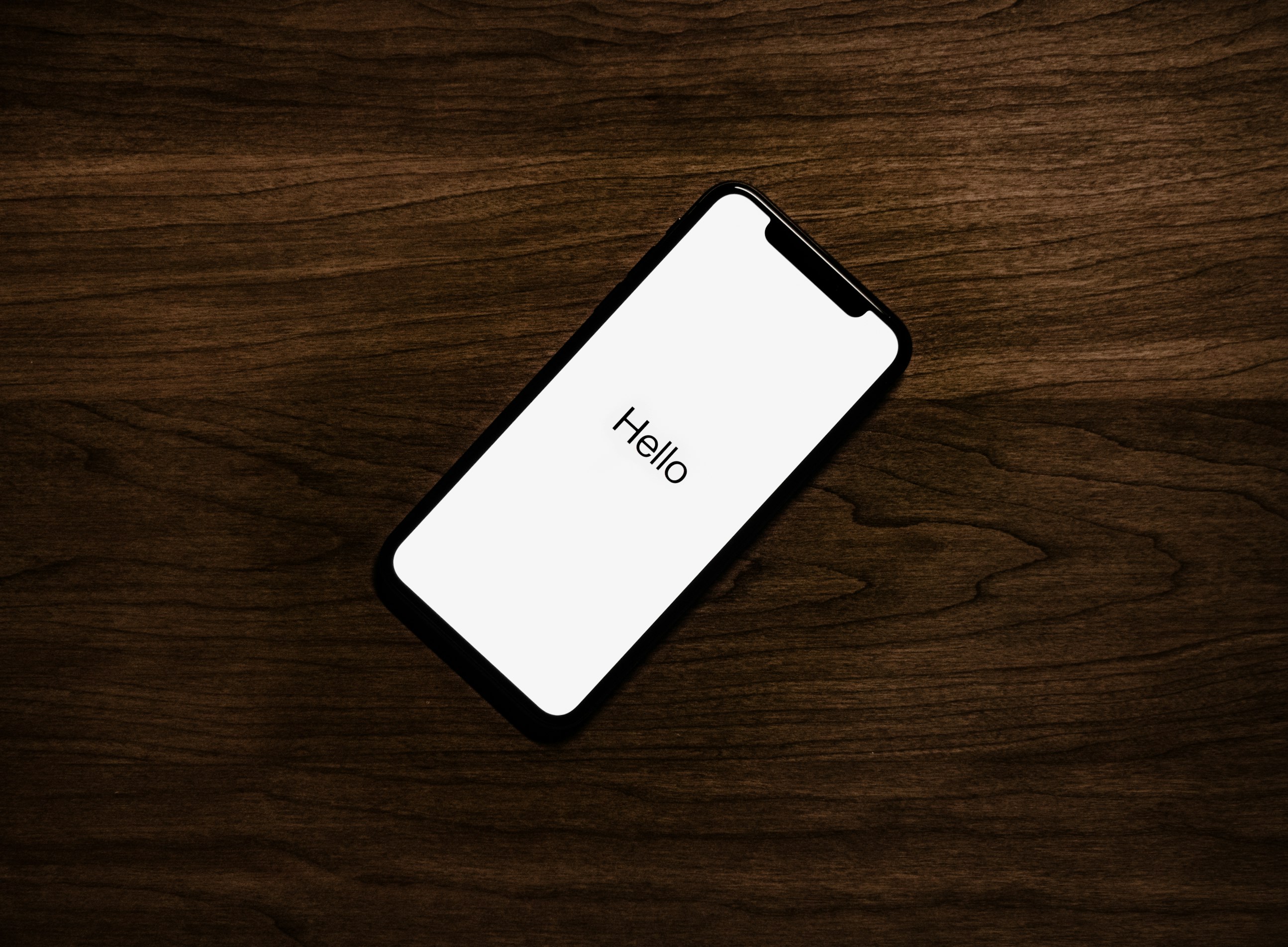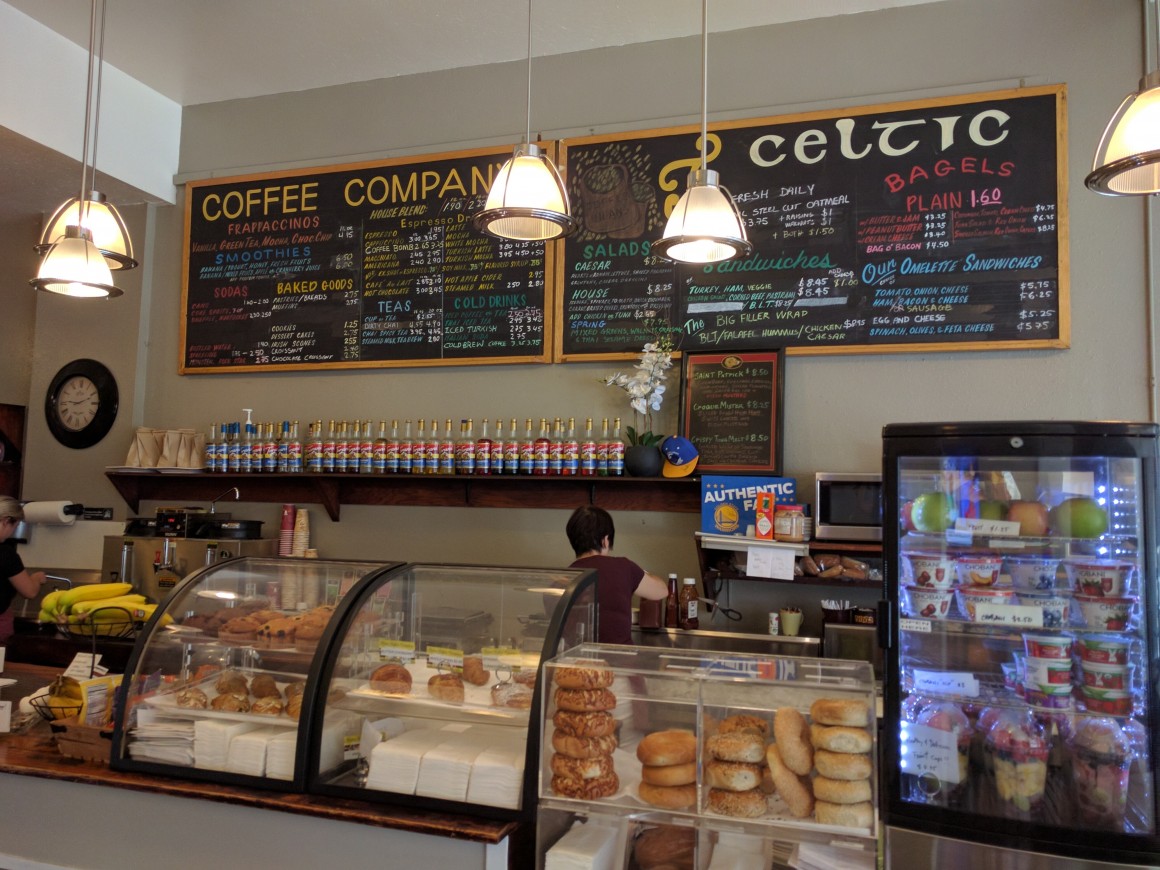Recognizing Opportunities (and pivoting)
My first startup was a great experience, partially because I learned a lot. When I joined the company, it was called Ondeego. It was 2008, we were a mobile startup before the iPhone had an App Store.
We knew mobile was going to be big, we wanted to help people build apps. One of the big issues at the time was device fragmentation, there were a million different kinds of phones: flip phones, touchscreens, tall phones, wide phones; made with many different operating systems: blackberry, nokia, samsung, etc. Our idea was that we would build a tool that would allow you to build one app and run it in all of these different scenarios. . After we build them that they said, well ok what if these people stop doing business with us we don’t want them to take this data to a competitor. Well ok, we went back and added some security features to the app we built them. We replaced certain low level libraries with libraries of our own that allowed the apps to be wiped.
On this went, ever couple weeks we’d get a new request, “How do we…?” It was a bit irritating, until it started to become predictable. This company didn’t know how to deal with these new apps. Probably not many did. It started to dawn on us that this was a reliable problem we could solve for companies.
With change comes opportunity
One Saturday morning the CEO of the company, the head of engineering, and I met at a coffee shop. We talked, did we want to pivot the company? We had liked some of the directions we had been going in previously: cross-platform development, slick applications. Did we want to switch?

What we couldn’t deny is that the new opportunity seemed like it was pulling us along, instead of us pushing it along. It had lift. We took the opportunity. A couple months later we changed the name of the company from Ondeego to AppCentral. We were the first company to build private branded App Stores for companies, we built a security software kit called App Guard. It was an exciting time, we were defining our product. I think a lot of the best products happen like this, they descend on you like something you can’t totally avoid. A couple months after that we got venture funding. Of course, defining a totally new product has it’s challenges, I’ll write about that next.